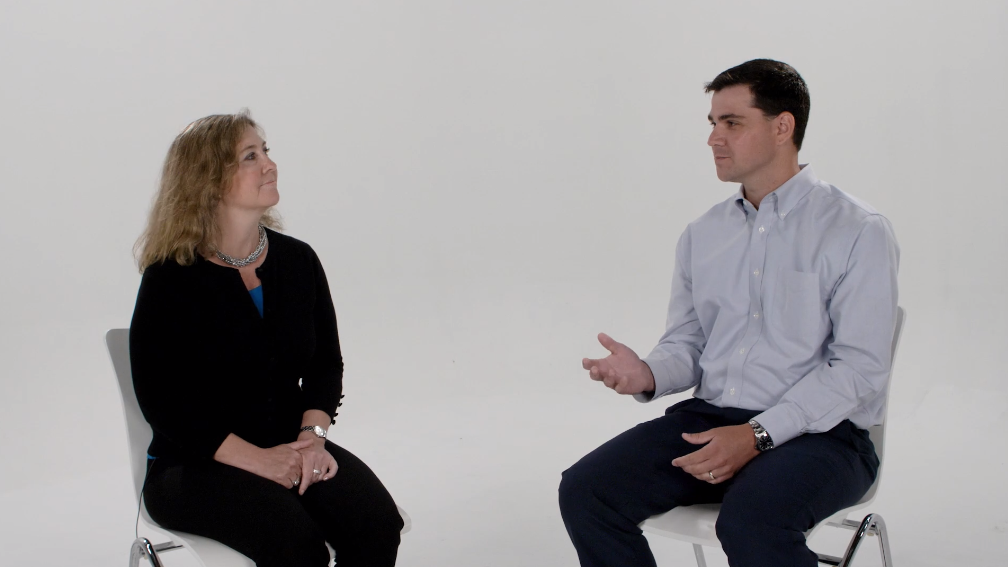Ask an Advisor: Common Estate Planning Mistakes

Transcript
Jacob Sturgill: 00:09
Welcome to Puckett and Sturgill Financial Group’s Ask An Advisor segment. I’m Jake Sturgill and today, I’m interviewing Deborah Williams about common estate planning mistakes we oftentimes see clients make.
Deborah Williams: 00:20
That’s right. We do, as partly because of what we, as advisors, what we help clients with. They will seek us out for help with estate planning. But I would say the first common mistake that I see a lot is not having any estate plan in place. There’s no will. There’s no living will, no power of attorney.
Jacob: 00:38
See that often.
Deborah: 00:39
Right. That’s easy for us to fix because we have relationships with attorneys, so we can put the client in touch with that attorney and then, they can draw up the legal documents that are needed and we can be involved in that plan and make sure that everything is coordinated so that assets will transfer as the decedent wishes.
Jacob: 00:59
Yeah, I think it’s really important to work as part of a team and utilize our network if clients don’t have existing relationships or if they have existing relationships, continue to work with their existing relationship and really integrate it as part of a holistic financial planning team.
Deborah: 01:15
Absolutely. That’s how we can avoid other mistakes. One of the easy things that we can do is make sure that beneficiaries are named on retirement plans or other accounts. Transfer on death beneficiaries are popular now. That’s another area that we see common mistakes happen, when there’s either a missing beneficiary or an out of date beneficiary, like an ex spouse.
Aaron: 01:12
Yeah. We want to see that they’re educated and that they are extremely competent.
Jacob: 01:39
Right?
Deborah: 01:40
That it was overlooked in the divorce and it was never removed.
Paul: 01:43
Sometimes the simplest things to fix can be pretty costly in the end. In the state of Maryland, if you don’t have a named beneficiary or don’t have your estate planning documents in order, it’s not you that is dictating, it’s the state of Maryland and other statutes.
Deborah: 02:00
Right. It’s the laws of the state that dictate where your assets go, which may not be what the decedent wished. If you have no beneficiary listed on your retirement plan, then your estate is assumed to be the beneficiary and if you have no will, then it would just be divvied up according to that state’s laws.
Jacob: 02:17
Exactly. Really great point. Thank you for going into more detail on that. If you have any questions, we’re here to help you. Please visit our website, send us an email or give us a call. We’re here to help.


